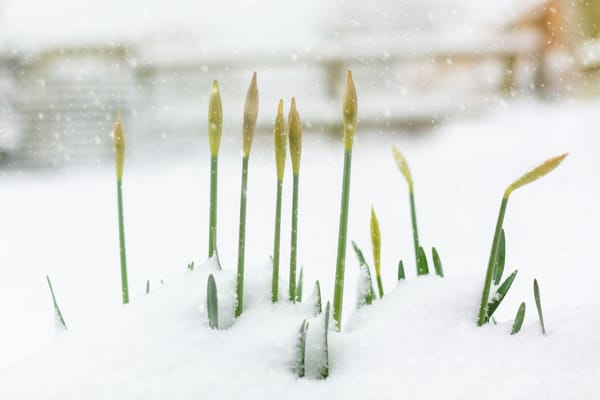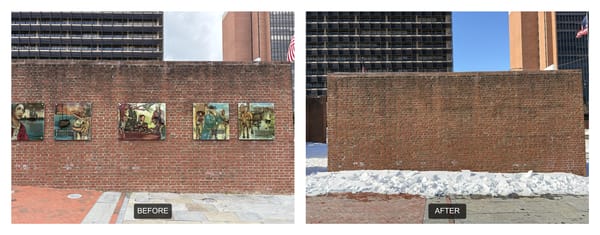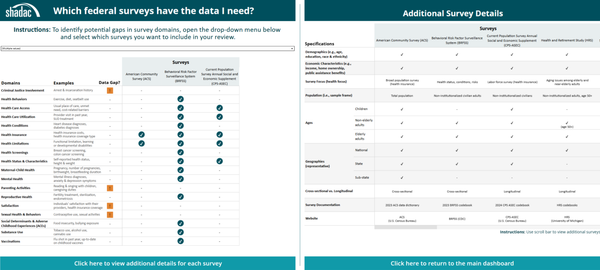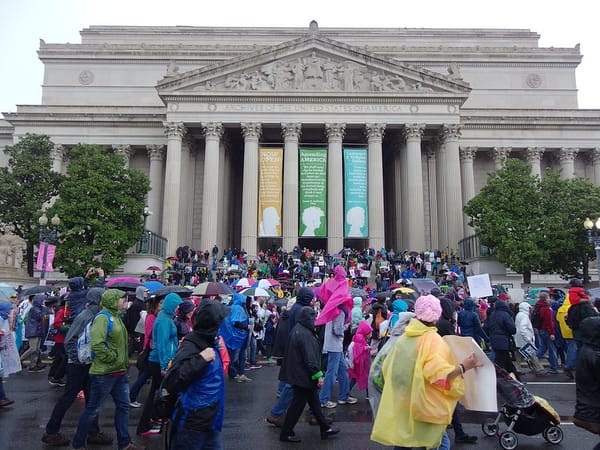Save Our Signs Launches the People’s Archive of National Park Signs
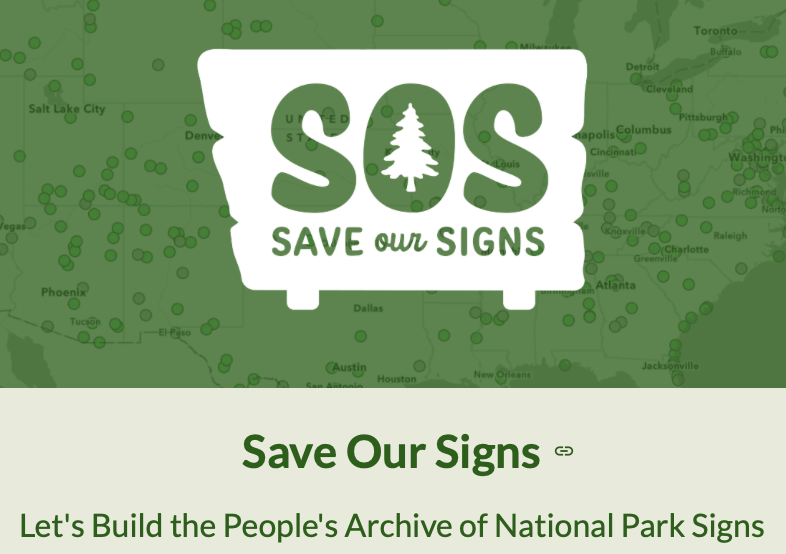
The Save Our Signs project (SOS), a community-driven effort to preserve National Park Service (NPS) interpretive materials before they are removed from public view, is proud to announce the launch of the Save Our Signs Archive, a collection of photographs taken by visitors at National Parks. This open access “people’s archive” is a curated collection of over 10,000 photos of National Park Service interpretive signs that have been submitted to Save Our Signs by members of the public.
Save Our Signs was formed as a result of Executive Order 14253, “Restoring Truth and Sanity to American History,” which seeks to erase “negative” stories from any federally-managed properties, and the subsequent Secretary of the Interior Order 3431, which called for the removal any materials that “inappropriately disparage Americans past or living.” Save Our Signs hopes to preserve our nation’s rich history by documenting the signs and exhibits used to educate visitors in the National Parks, the nation’s largest outdoor classroom.
“I’m so excited to share this collaborative photo collection with the public. As librarians, our goal is to preserve the knowledge and stories told in these signs. We want to put the signs back in the people’s hands,” said Jenny McBurney, Government Publications Librarian at the University of Minnesota and one of the co-founders of the Save Our Signs project. “We are so grateful for all the people who have contributed their time and energy to this project. The outpouring of support has been so heartening. We hope the launch of this archive is a way for people to see all their work come together.”
The SOS Archive includes an online collection of the crowdsourced photos organized by NPS site, and a spreadsheet that houses volunteer-provided details for each individual photo submission. In addition to the name of the park, this includes the date that the photo was taken, and may include the title of the sign, if it was submitted by the volunteer. Since this information came from volunteers all over the country, the Save Our Signs team is not able to independently verify dates and locations. Please see the SOS FAQs page on the Save Our Signs website for more information about the photos included in the collection.
All photos included in the SOS Archive have been released to the public domain, and the Save Our Signs team welcomes anyone to download and use them as they wish.
“We’re inspired by the people who have sent us photos and told us how much the National Parks mean to them,” said Dr. Kirsten Delegard, Project Director of Mapping Prejudice, and one of the co-founders of the Save Our Signs project. “This effort to shine a spotlight on historical erasure is just beginning. We need people to continue to collect more photos and tell other Americans what materials have already been removed from the National Parks.”
“We also encourage people to use their expertise to engage with this collection,” added Molly Blake, Social Sciences Librarian at the University of Minnesota and another co-founder of Save Our Signs. “We invite researchers, journalists, artists, and members of the general public to use these photographs to build visualizations and analyze the content of these signs that, collectively, tell stories about our nation’s past that belong to all of us.”
While the initial crowdsourcing effort was originally given an end date of September 17, 2025, with increasing reports of NPS interpretive signs that have been flagged for removal or removed altogether, SOS will continue to accept photo submissions at saveoursigns.org for the foreseeable future. Any photos received after September 24 will be released at a later date. See the Project Updates page for more information.
ABOUT SAVE OUR SIGNS
Save Our Signs is a community collaboration co-founded by a group of librarians, public historians, and data experts in partnership with the Data Rescue Project and Safeguarding Research & Culture. Project leadership includes:
- Dr. Kirsten Delegard, Project Director, Mapping Prejudice, University of Minnesota
- Jenny McBurney, Government Publications Librarian, University of Minnesota
- Molly Blake, Social Sciences Librarian, University of Minnesota
- Dr. Lynda Kellam, Data Rescue Project Steering Committee
- Lena Bohman, Data Rescue Project Steering Committee
Contact:
Jenny McBurney
Government Publications Librarian, University of Minnesota
saveoursigns@pm.me

